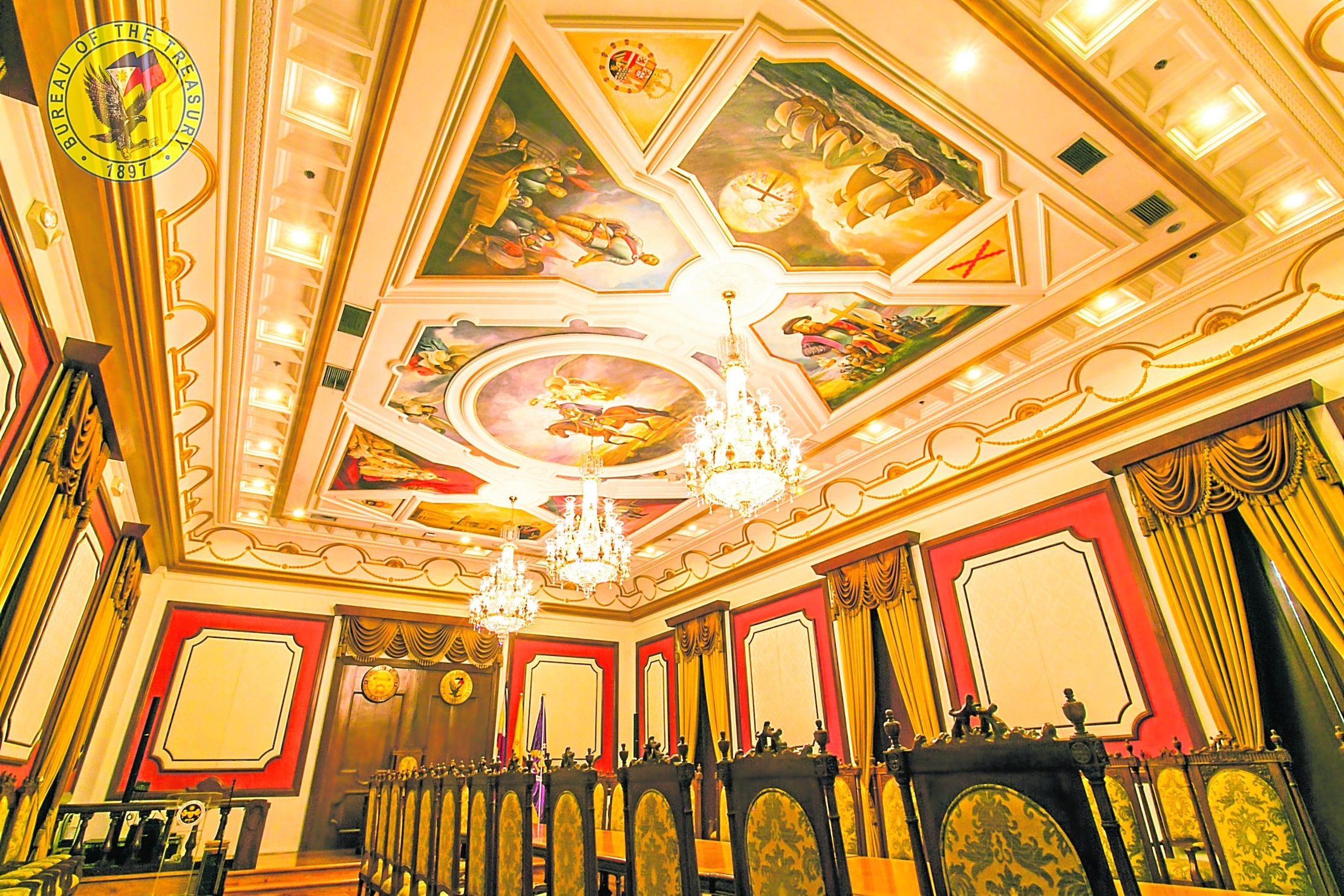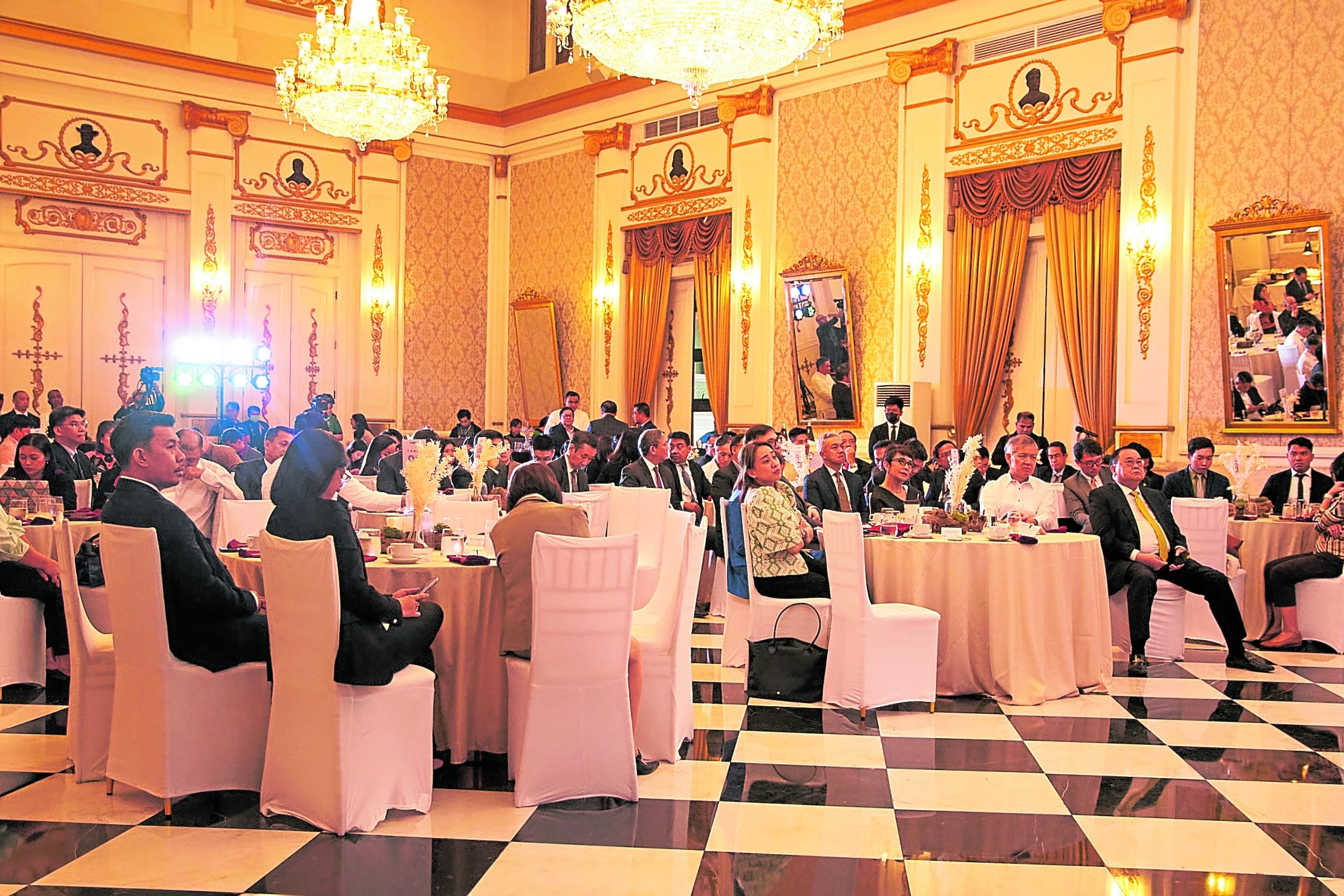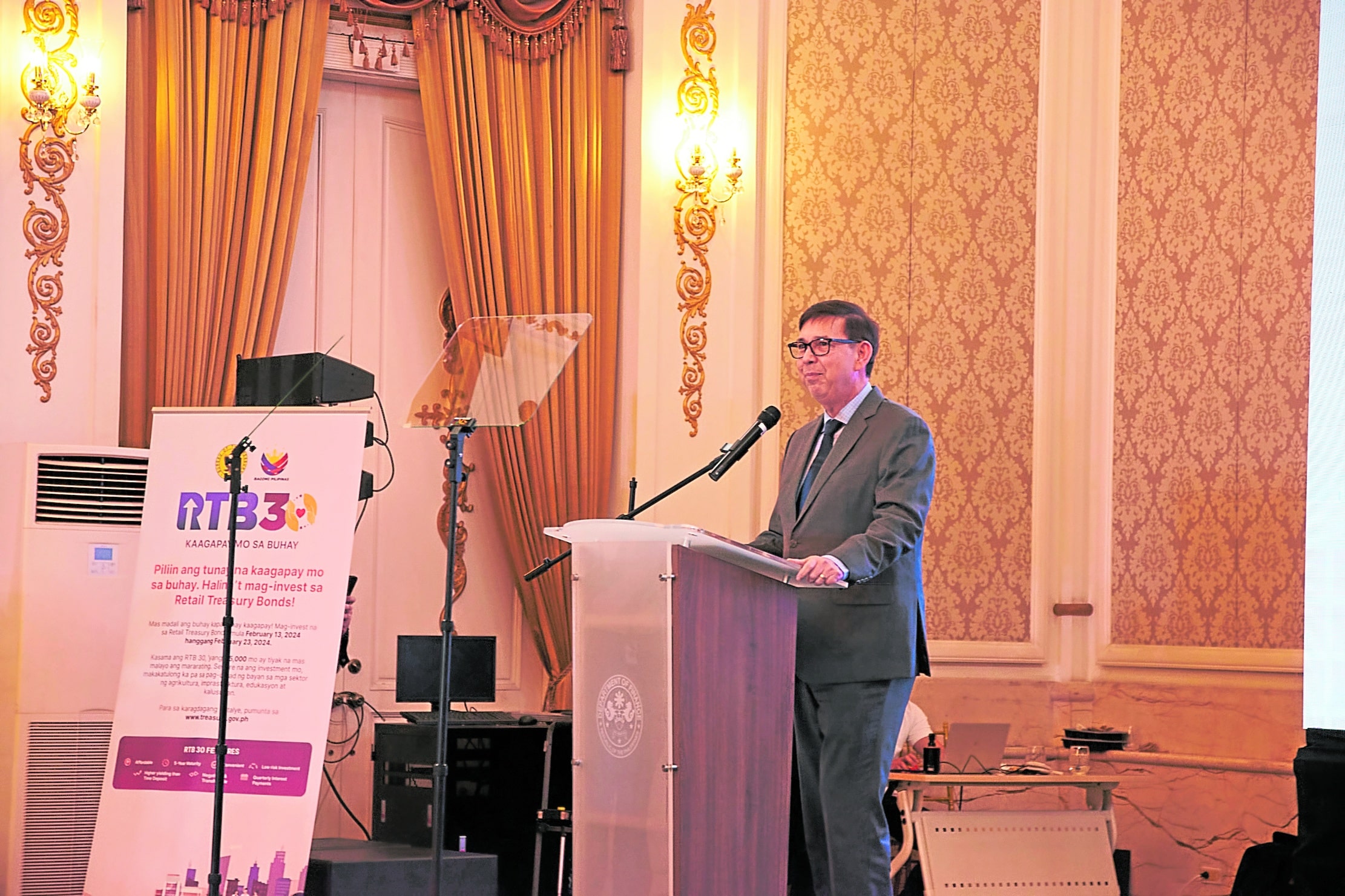The Ayuntamiento: Ancestral home of the Philippine government

The Sala de Sesiones, originally the Session Hall of the cabildo or the city council of Manila, served this purpose for over 200 years. Eventually, the City Hall was relocated, and the Sala de Sesiones became the office of the Spanish and American governors general, the chief executives of the Philippine archipelago. When the Philippine Congress became bicameral, the new Senate held its sessions in this hall. —PHOTOS FROM BUREAU OF THE TREASURY
In the book “Manila, My Manila,” National Artist Nick Joaquin described the Ayuntamiento de Manila as “the loveliest building in Intramuros and certainly the dearest to us historically.”
Indeed, the architectural masterpiece which has housed the Bureau of the Treasury since 2013 remains as one of the country’s storied and historical sites.
READ: 6 big-ticket infra projects under way for more ‘magnificent’ Manila
The building’s name means “city hall” in Español. More precisely, ayuntamiento refers to the governing council of a city or town as well as the seat of government. Thus, the building was Manila’s City Hall during the Spanish colonial period.

The Marble Hall served as the Session Hall for the first Philippine Congress. In 1907, the Ayuntamiento became the initial home of the Philippine legislature, with the first Philippine Assembly conducting their sessions in the famed Marble Hall.
The original building which was built in 1599 was believed to be made of wood and/or concrete. Similar to the fate of Manila Cathedral located nearby, the Ayuntamiento has been rebuilt several times after the destruction caused by fire, an earthquake in 1863 and the devastation of World War II.
However, it was only during the third time of restoration which started in 1879 when its style was changed to neoclassical under the leadership of Eduardo Lopez Navarro, the Spanish architect who was then in charge of the public works in Manila.

Finance Secretary Ralph Recto delivers a message during the launch of the Bureau of the Treasury’s 30th Retail Treasury Bonds at the landmark building. —BUREAU OF THE TREASURY
The current structure we see today is a reconstruction of the building’s third incarnation, as the government aimed to replicate the old Ayuntamiento. Key features that were reconstructed include the clock tower, the grand staircase, the old council session hall (Sala de Sesiones) and the famous Marble Hall. INQ
ERRATUM: The earlier version of this article, published in both print and online editions, has been updated to remove details about the walk-in tour. This change follows feedback from the Bureau of the Treasury, which has discontinued the tours since the start of the pandemic due to security concerns.
